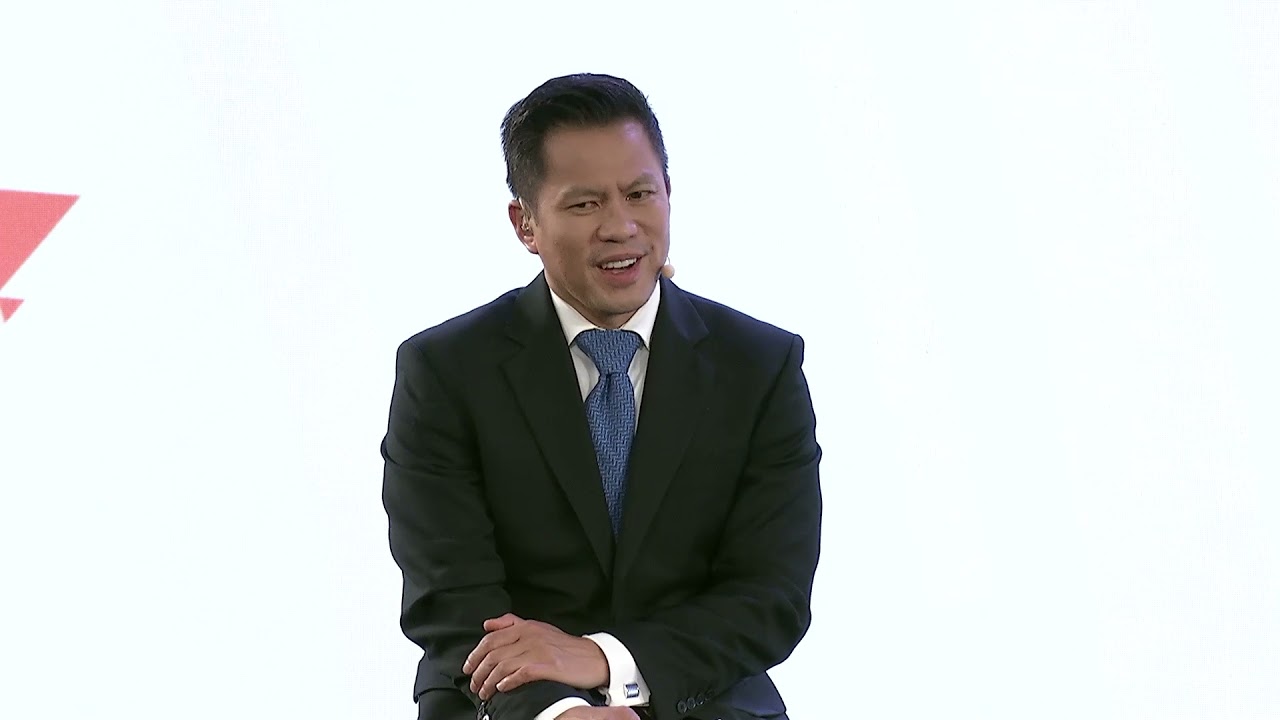Inc.com columnist Alison Green answers questions about workplace and management issues–everything from how to deal with a micromanaging boss to how to talk to someone on your team about body odor.
Here’s a roundup of answers to four questions from readers.
1. My employee is cavalier when I point out mistakes
I manage a junior employee who sometimes does sloppy work or makes mistakes on work that I have given her. Lately when I point out these mistakes to her, her response to me is “Yeah, yeah, I know, sorry,” or “Is it really that big of a deal?” Generally, pretty flippant reactions.
Overall, I think she is a good employee who does good work, but her response seems awfully cavalier about things that can truly matter, and that worries me. What is the best way to handle this situation?
Green responds:
Yeah, that’s concerning, not because you need her to flagellate herself but because you want to know that she’s taking the mistakes seriously and paying attention to those things going forward. You can address it right in the moment when she gives you those reactions. For example:
Her: “Yeah, yeah, I know, sorry.”
You: “You don’t need to apologize, but I want to make sure that you know what happened and can avoid it in the future.”
Her: “Is it really that big of a deal?”
You: “One time wouldn’t be, but yes, when it’s a pattern, it’s something that you do need to be careful about fixing.”
Or: “Yes, it can be a big deal because of ____.”
You could also give her bigger-picture feedback about the overall pattern you’re seeing in her work and in her responses when you point out mistakes. For example: “I’m noticing that I’m catching a lot of mistakes in things like X and Y. It’s important that these be accurate when they come back to me, so I want to ask that you double check the numbers/citations/proofreading/___ (fill in with whatever makes sense) before you send them back to me.” Also: “When I flag mistakes in your work, you sometimes sound like you’re not taking it seriously. I want to make sure you know that this kind of thing is important to get right, and when I talk to you about mistakes, it’s because I want you to be watching for them in the future.”
2. I get apathetic about my job unless I have frequent meetings
I work at a job where I mainly sit at my desk in a windowless environment and get the work done. I’ve been doing the same thing for quite some time and lately I just feel apathetic toward it all. However, when I have meetings with other departments, I feel so alive and part of the business! Maybe it’s the break in the day or interacting with other people, I’m not entirely sure, but I seem to care more about my job for a few days after.
The problem is I only have meetings once every few months and I don’t want to schedule meetings for no reason. Do you have any advice for how to re-create this feeling without scheduling pointless meetings? Or is that why people have so many meetings anyway–they just create meetings for the fun of it?
Green responds:
Most people definitely aren’t scheduling meetings for the fun of it. Some people schedule more meetings than they really need because they’re not good at making decisions or knowing how to best use people’s time–but that’s generally considered a bad thing. (There is a reason that so many people hate meetings.)
Anyway, any chance you’re in the wrong job? It sounds like you thrive on interaction, but you’re in a job that doesn’t offer a lot of it. If that’s the case, I don’t think the solution is to try to have meetings you don’t really need–rather, the solution would be to think about moving to a job that offers you more of what stimulates you. There are other things you could try in the meantime, of course, like seeing if you can work on projects that involve more talking with people. But ultimately I’d look at what this is telling you about how well matched you are with the work you’re doing.
3. Expecting a fired employee to work another six weeks
My friend was recently fired from her job. She works at a small company where all employees have a pretty high workload. Her boss gave her a six-week notice period, which she is expected to work. Is this normal?
I work at a large private firm. When we terminate employees, they stop work immediately and they are just paid the salary for their notice period without needing to come into work. This suits our firm, as it means neither staff nor the fired employee are put in the awkward position of having to continue to work together after an employee has been fired. My friend, on the other hand, still has to go to work for the next six weeks and hold her head up high in a pretty humiliating situation. It doesn’t seem like a good deal for her company either, particularly in situations where an employee has been fired on performance grounds.
Green responds:
It’s not the most typical way to handle it, but it’s not unheard of either. Sometimes the thought is that the person isn’t the right match for the job but hasn’t done anything so egregious that they need to leave that day. Sometimes it’s an attempt to be kind to the person being fired, by giving them time to job search while they’re still employed. Sometimes it’s an attempt to be transparent–as in, “It won’t make sense for us to keep you on after the gala in August, and we want to be up front with you about it rather than waiting to tell you once that’s over.”
There are times when it makes sense to handle things this way. Usually that’s when the person prefers to work the additional six weeks rather than leaving immediately, and when the employer trusts them not to sabotage things or create a toxic environment for others. But it’s generally presented as “How does this sound to you?” rather than as a requirement, since making someone who’s bitter and demoralized stay on for six more weeks isn’t in anyone’s interests.
And, of course, they can’t require your friend to keep working if she doesn’t want to. She could say, “I appreciate your offering me that additional time, but I think it makes sense to wrap things up now since it hasn’t worked out.” Of course, if they’re offering her severance, they might tie it to her staying for the whole six weeks.
4. What to say to a stranger who mentions a serious health issue when turning down work
I solicit lots of freelance work from experts, and the culture of the field is that it’s normal and necessary for me to write to eminent figures whom I’ve never met. People turn us down for lots of reasons, and I make a point of being upbeat and grateful that they took the time to refuse. But what’s a good response when someone refuses by oversharing about a medical matter?
If it’s “I have a cold,” I wish them a speedy recovery, but that doesn’t work for “I’m in declining health,” or “I’m on leave for chemo treatments,” or “I have mild dementia now.” Just letting the remark pass seems blithe and unkind. Is there a good way to address a stranger’s serious or terminal conditions (for both professional and human reasons)?
Green responds:
With something like chemo: “I hope your treatments go well and you have as easy of a recovery as possible!”
With something more like declining health where there’s no likely recovery: “I’m sorry to hear about your health, and am sending you best wishes.”
Want to submit a question of your own? Send it to alison@askamanager.org.
Note: This article have been indexed to our site. We do not claim legitimacy, ownership or copyright of any of the content above. To see the article at original source Click Here












